Recordings:
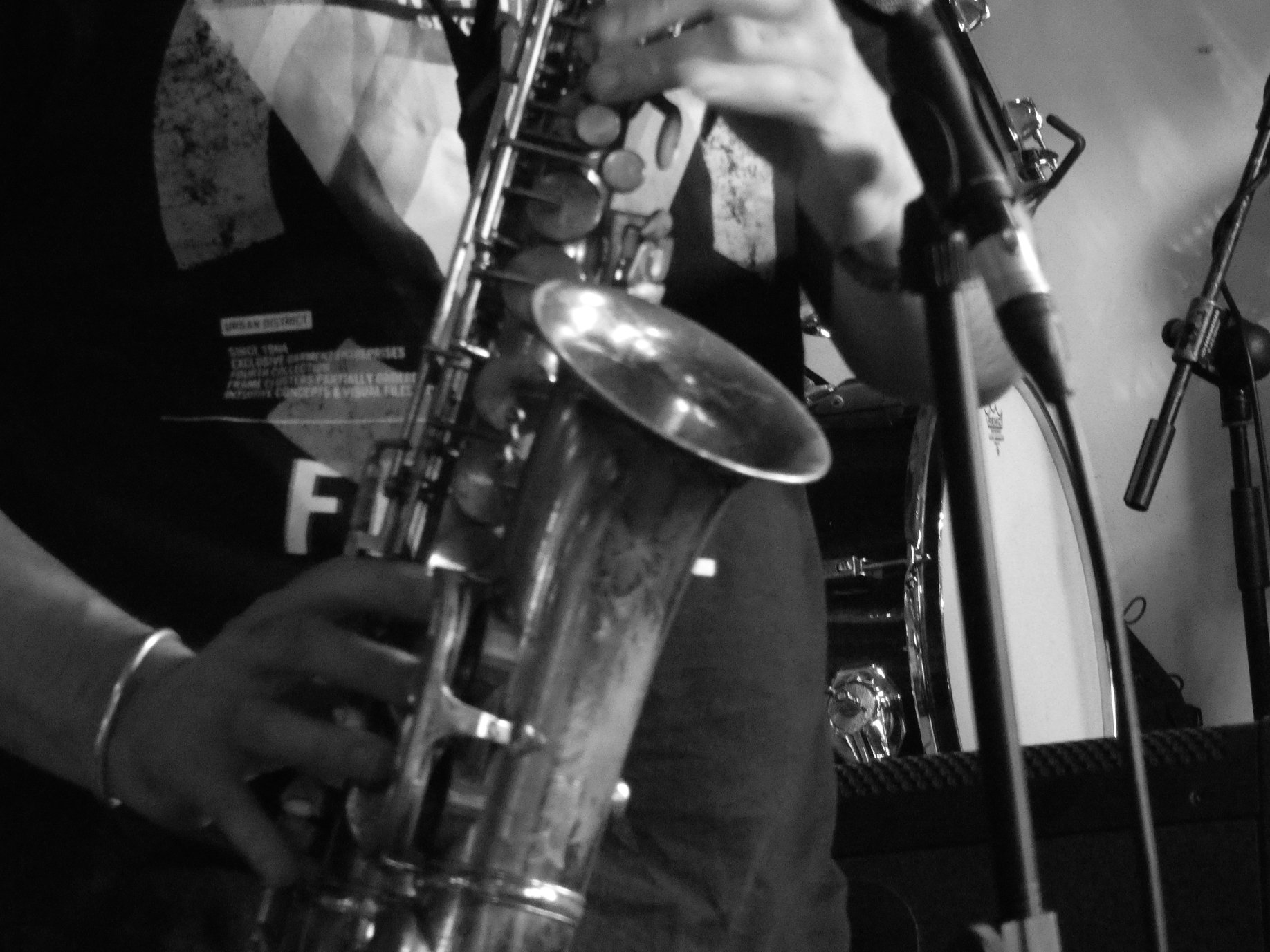
I recorded two variations on a phrase from Coltrane’s solo on ‘Moment’s Notice’ and Steve Tromans mixed them into this track – all in one evening, all online, during the Covid era.
Duo at a moment’s notice

These two come from live performances by my jazz-philosophy fusion band, but neither are jazzphi. I’m now playing alto sax again. The band is Andrew Bowie on tenor saxophone (‘Alabama’ only), the amazing Steve Tromans on piano, Mike Green on bass, and Tymek Jozwiak on drums. The first five minutes of Coltrane’s ‘Alabama’ is led by Bowie’s tenor (Bowie is the UK’s other Professor of Philosophy / semi-professional jazz saxophonist). Then when I come in, it ought to be pretty clear that I was thinking of Eric Dolphy. ‘Eat the Cheesecake!’ is a creative mix by Steve Tromans, using material taken from a jazzphi performance that was based on psychologist Steven Pinker’s statement that ‘music is like cheesecake’.
Eat the Cheesecake!
Alabama
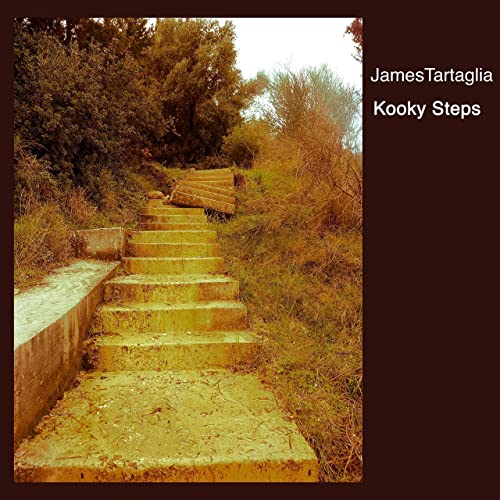
Kooky Steps (2014)
This album features Annie Whitehead on trombone, Thomas Seminar Ford on guitar, Jennifer Maidman on bass, Mark Huggett on drums, and Sonja Morgenstern on vocals. It also contains some jazz-philosophy fusion tracks, to be found on the sister site. The title track began as a tune I would whistle as I walked down the street, usually while on holiday – hence the introduction.
Kooky Steps (J. Tartaglia)
Video Games (O. Coleman)
You, Me and the Spring (L. Schifrin)
Change has Come (A. Ayler)
Friends and Neighbours (O. Coleman)
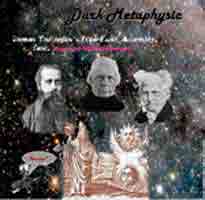
These three tracks are from my 2008 album, Dark Metaphysic, which contains bona fide jazz-philosophy fusion for the first time (one of the jazzphi tracks is on the sister site). It was also my first foray into jazz-funk; we called the band the ‘Free-Funk Assembly’. The musicians are Sonja Morgenstern and Lizzi Wood on vocals, Ben Thomas on trumpet (from Hereford, like me), UK jazz legend Annie Whitehead on trombone, Matt Ratcliffe on keyboards, Jennifer Maidman on bass, and Mark Huggett on drums – Mark is particularly impressive on this album, I think. ‘Rhythm Pitch’ is a stripped-down ‘rhythm changes’ thing, with the bridge marked by high pitch. ‘Pornographer Scum’ was inspired by my irritation at a documentary radio show I heard, in which various past associates of a famous pornographer were lining up to say what a wonderful fellow he was, despite the fact that every anecdote they related made him sound even more revolting than before, to me at least. ‘Hermetic Emanations’ is a Sun Ra-inspired piece, which acquired its theme from the interest I had at the time in the historical influence on mainstream philosophy of the occult tradition of Hermeticism, centred on the triple-god Hermes Trismegistus.
Rhythm Pitch
Pornographer Scum
Hermetic Emanations
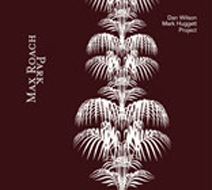
This comes from the album, Max Roach Park, by Dan Wilson and Mark Huggett. Mr. M.D. is Miles Davis, of course.
Mr. M.D.
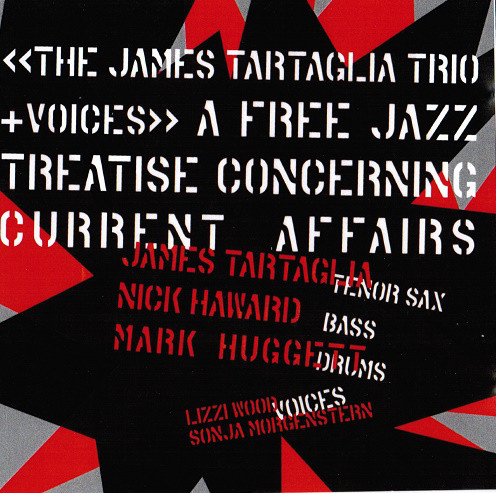
A Free Jazz Treatise Concerning Current Affairs (2003)
Although the extreme free jazz idiom this album employs was never many people’s cup of tea, to say the least, I think you can still hear the buzz that existed in the recording studio, and, on the three live versions, in a pub on New Oxford Street, just up from the British Museum. To my working trio of Haward and Huggett, I added actors / singers Lizzi Wood and Sonja Morgenstern; Sonja would go on to be the Jazz-Philosophy Fusion vocal pioneer. As the title suggests (derived from David Hume’s two most famous books), I’d started thinking about Jazz-Philosophy Fusion, although I don’t think this really counts yet. It was inspired by the news stories we were all being bombarded with at the time: paedophile priests being ‘forgiven’ by their churches, rather than reported to the police, hysteria about economic migrants ‘pretending’ to be asylum seekers so they could ‘invade’ the UK, the Israeli-Palestinian peace process seeming anything but peaceful, and our government telling us that Saddam Hussein had weapons of mass destruction he could deploy in 45 minutes. ‘Paedophile Priest’ tries to be as disgusting as the theme requires, while commenting on the incomprehensibility of anyone, apart from a cartoon villain, actually acting in such a manner; at the end of the track, we jeer at the hypocrisy with some liberal use of a creepy old Blind Lemon Jefferson number. ‘Asylum Seeker’ and ‘Economic Migrant’ are two different takes of the same ballad, in comment upon the vilification of the latter at the time. The album was reviewed positively in Jazz Journal magazine; the one I used to read avidly as a teenager.
Paedophile Priest
Asylum Seeker
Weapons of Mass Destruction
Peace Process
Economic Migrant
Paedophile Priest (live)
Peace Process (live)
Weapons of Mass Destruction (live)
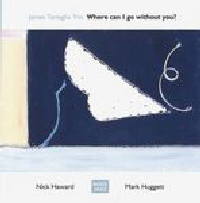
I took my working trio (with Nick Haward and Mark Huggett) into a studio to record an album in 2002. These are the two most successful tracks. About a month later, I got my job at Keele University, which was the beginning of the end of the London years, although I kept coming back to record until 2014.
Isotope
Where can I go without you?
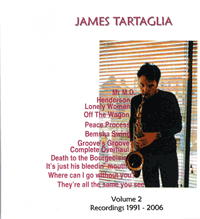
This is the trio I had with Nick Haward on bass and Mark Huggett on drums. These tracks were selected from many hours of live recordings we made at gigs in London. The story behind the ‘bleedin’ mouth’ number is as follows. My wife and I were going to have a picnic on a sunny day in Greenwich Park. We were already seated, but had yet to take the food out of a carrier bag. A large, bald man, who looked like a stereotypical bank-robber, or worse, suddenly appeared with his vicious-looking bull terrier. The dog grabbed the carrier bag. The man got it back for us, but it was now smeared with blood, since the dog’s mouth was dripping blood. As the man walked away with his dog, he grunted, by way of apology, ‘it’s just his bleedin’ mouth’.
It's just his bleedin' mouth
Bemsha Swing

During my years as a postgraduate philosophy student, and then tutor, I regularly travelled down from London to Brighton to play with my good friend Dave Windross, now deceased. Dave achieved some fame as the bassist in the psychedelic rock band, The Fox, which still has a cult following, but his real love was Hammond organ jazz. He called his band Hammond X (ham ‘n’ eggs). The bass is Dave’s left hand on the Hammond, and I don’t remember who the drummer was. This is typical of the material we played at various venues, including a residency at the Brighton Rock pub.
Groove's Groove

This one has my wife, Zo Hoida, on bass! The guitarist is my old school friend Tom Fleming, and the drummer is my long-time associate, Mark Huggett. This is one of my first recordings on tenor sax, maybe the first. I made the switch to tenor sometime in the mid-to-late 1990s, which was traumatic. I used to pay for a room at a local studio in South London (couldn’t play at home – neighbours), where I blew away for hours. I switched back to alto in 2017 (when my wife bought me a 1949 King Super 20), after barely touching alto for the best part of 20 years.
Off the Wagon

I did a string of gigs with bassist Tony Thomas when I returned from Berklee. Pianist Dan Teper was mainly responsible for this composition, but I wrote the descending line that leads into the solos; I don’t remember the drummer’s name. It’s the theme from The Simpsons, but I didn’t realise at the time, and since the others didn’t think I’d approve, they used the title ‘Henderson’ – Henderson is a character in the cartoon, but I assumed it referred to saxophonist Joe Henderson.
Henderson
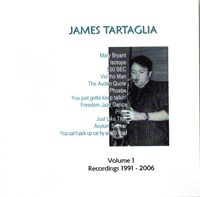
This features a short-lived band I had after returning from Berklee to begin my studies in philosophy at University College London. The song title was provided by another of my school friend Richard Butler’s sayings. I can’t remember the names of the musicians, unfortunately, except for tenor sax player Pete France. I think the organ introduction was the keyboard player’s attempt to emulate my own organ playing, probably because I kept saying, ‘no, do it like this’. The studio was under London Bridge Station, and we had to time the recordings so as not to coincide with the thunderous sound of the trains passing; when I suggested to the studio engineer that this presented a bit of a problem, he just rolled his eyes.
You just gotta keep talkin’

The drummer is Steve Clark and the bassist is David Hilton. I played extensively with this trio at Berklee, which we called ‘Savoir Fayre’ – because Steve believed this to be the worst possible name for a band. I reunited with Hilton on my 2016 album, Jazz-Philosophy Fusion, available on the sister site. ‘Velcho Man’ was originally recorded on Tim Berne’s album, Sanctified Dreams (1987).
Velcho Man

These three were recorded with one of the bands I led during my year at Berklee College, with Jeff Ellwood on tenor saxophone, Christian Lohr on piano, Johann Sievert on bass, and Melvin Hill on drums. The titles deserve some explanation. Marie Bryant is a singer who appeared on the classic Lester Young film, Jammin’ the Blues (1944) – back in the days before the internet, I thought it was ‘Mary’. She looks rather surreal on that film, and the song is based on a mystical vision of her face which I once claimed to have had; maybe I did. ‘They’re all the same, you see’ was a saying of my school friend, Richard Butler, which he could apply to almost any situation with an impeccable comic delivery. I wrote ‘You can’t jack up…’ when I was 14 and considered it my first compositional success. The bridge uses a 12-tone row which reverses halfway through. The story behind the title is as follows. My dad told his own dad about a particularly difficult car repair he’d made by the side of the road. My grandfather didn’t believe this was possible: ‘I don’t believe that you could jack up a car by the side of the road and then proceed to make a repair of that difficultly’, was the gist of his initial reaction. When my dad protested, it wasn’t long until my grandfather was shouting repeatedly: ‘you can’t jack up car by side o’ road’.
Mary Bryant
They’re all the same, you see
You can’t jack up car by side ‘o road

This was recorded in Hereford within two weeks of my 18th birthday, with pianist Dave Price, bassist Lionel Davis and drummer Roger Powell. I’d recently won in the soloist category of the Daily Telegraph Young Jazz Musician competition, and this was part of my audition tape to study at Berklee College of Music in Boston, USA – the tape earned me an audition in Frankfurt, and the audition earned me a scholarship, so I studied there for a year. I don’t remember why this composition was entitled ‘Pride’ – presumably I was trying to musically express the concept of pride. It’s one of the many involved compositions I spent a good deal of my teenage years writing (well over 100, since I made a book of the best 100 in my early 20’s). The Ornette Coleman influence on my alto sax playing comes across loud and clear on this one, once the rhythm section kicks in.